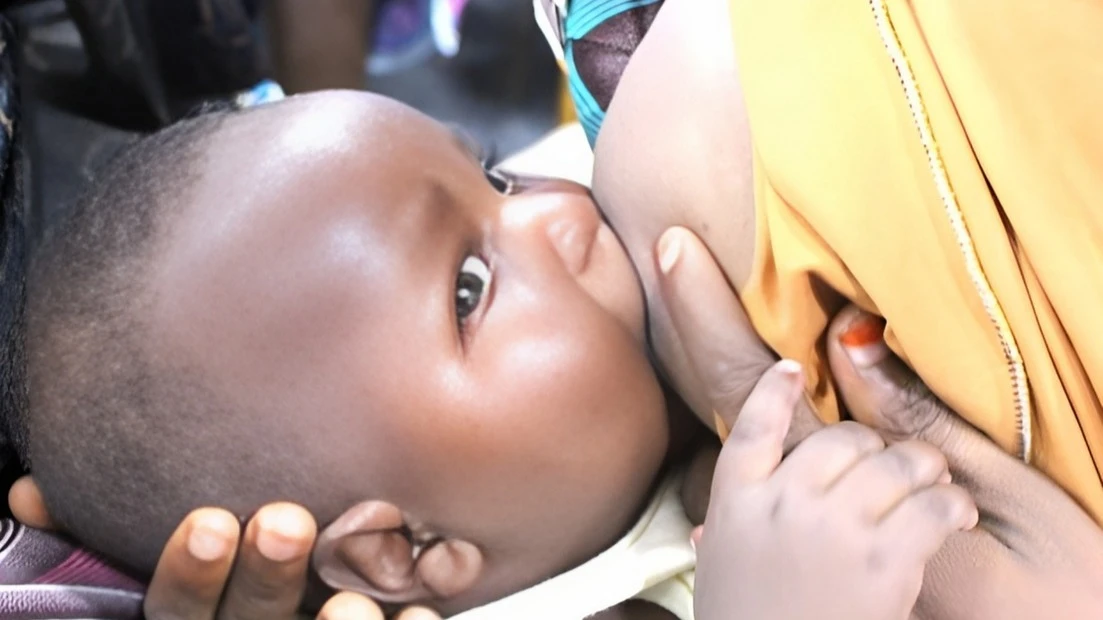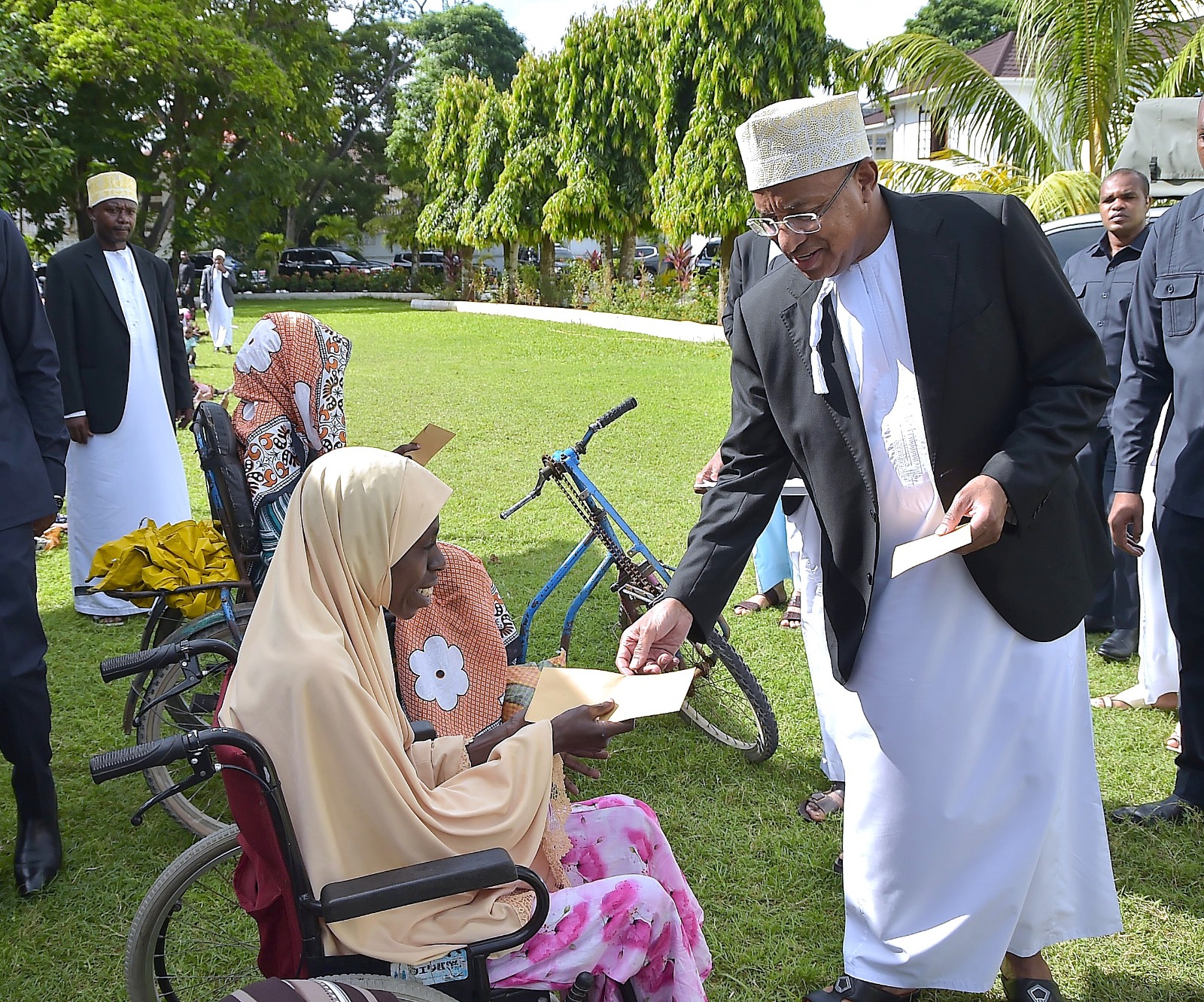With breastfeeding week long gone, what’s next?

THE Breastfeeding Week commemorated in the first week of August, came and flew past like a shadow. Apart from the usual fuss that often mark the stakeholder’s backyards, the dust has since settled and a year is almost gone – all is back to normal until August this year when the world will be stirring.
Commemorated on the August the first to the seventh day of every year, last year’s theme was “Closing the Gap, Breastfeed Support for All.” The event underscored the critical need to provide comprehensive support for breastfeeding mothers.
Ideally, it is assumed by many that young mothers instinctively know how to suckle their young ones; after all, don’t all mammals manage without extra help? Wrong! It is no brainier, some of us like this writer who grew up in the village know that there comes a time to assist a goat’s kid through its first hours of feeding. For human babies, there is more to it than meets the eye.
What EBF is and why it should be done?
Exclusive breastfeeding (EBF) means that babies are exclusively breastfed with mother’s milk for the first six months and that breastfeeding must be continued until the baby attains six months. WHO defines EFB as the proportion of infants less than 6 months of age who were exclusively breastfed.
No other liquids, or even water, should be provided. However, drops and syrups consisting of vitamins, mineral supplements, or medicines, with a prescription by a medical specialist, can be given to the infant.
While this writer was mulling on what to write on the subject, he was redeemed by some two wonderful professionals through a TV station to have a glimpse into the insights and waded the writer through the unfamiliar waters breastfeeding process, the dos and don’ts and the nitty-gritty of it.
The two women are Mary Mathenge, retired nurse and an expert lactician with decades of experience in childcare and Prof Ruth Kareithi Nduati in Kenya, a pediatrician, an epidemiologist and a professor of pediatrics, school of medicine, University of Nairobi.
As to why the message of exclusive breastfeeding is important is that times have changed and breastfeeding is not merely instinctive but is a skill that must be learnt according to Ms Mathenge.
“In the past, breastfeeding was easy because new mothers had their own mothers and the community around them to assist. Breastfeeding is a skill. The baby may instinctively know how to suckle but the mother may not and effetely be clumsy about it,” says Ms Mathenge.
According to Prof Nduati, breastfeeding should be done within the first half an hour of delivery. The baby is awake within the first 4 hours. After that the baby just sleeps.
“The baby is born with an instinct for breast for breastfeeding. Breast milk is an all encompassing food for the baby containing all the baby needs in its first six months of its life. The process provides bonding between the mother and the baby. Besides, it provides stimulation that result in the baby’s brain growth,” adds Prof Nduati.
Trust is a very important component in life. From the very onset of growth, the baby starts appreciating the value of trust and love, two things that it will need to carry over with in its latter stages of life to adulthood.
“When the baby is breastfed, it assimilates the notion of trust and love around it,” adds Prof Nduati.
According to Prof Nduati, research in other countries has shown that exclusively breastfed babies grow to have higher levels of intelligence in comparison to those babies who have not had exclusively been breastfed.
“In Africa, breastfeeding has been studied against the backdrop of malnutrition but in developed countries, research has proved that babies who have exclusively been breastfed, by the ages 4 to 5, their IQ is 4 to 6 higher points than the babies who were not exclusively breastfed. Breastfeeding is not merely about survival but forms the basis of human capital development for the nation,” she says.
Ms Mathenge alludes that breastfeeding should be initiated from the first half-hour of delivery. What sometimes happens in the urban hospitals is that when babies sleep before initiating breastfeed, and for the fear of developing blood pressure issues, the babies are hurriedly fed with formulas as they sleep – not a very good practice.
“The first hour after delivery is called the “golden hour” and no mother should miss it. It therefore remains the duty of the midwife it make sure that it accomplished. I would advocate that every midwife that is in the delivery ward to be the initiators of breastfeeding process for all young mothers unless there other medical reasons.
Breastfeeding is of benefit to the mother too. She says that seven weeks after conception the sense of touch is developed and hence, the bond between the mother and baby is established.
Top Headlines
© 2025 IPPMEDIA.COM. ALL RIGHTS RESERVED

























